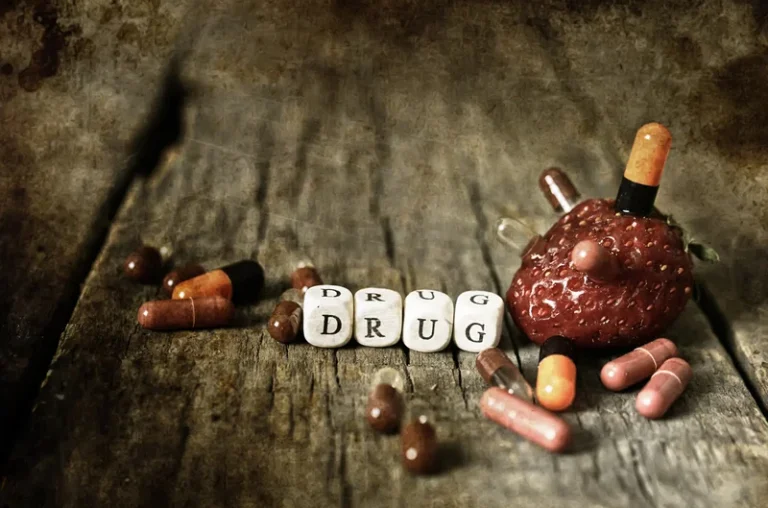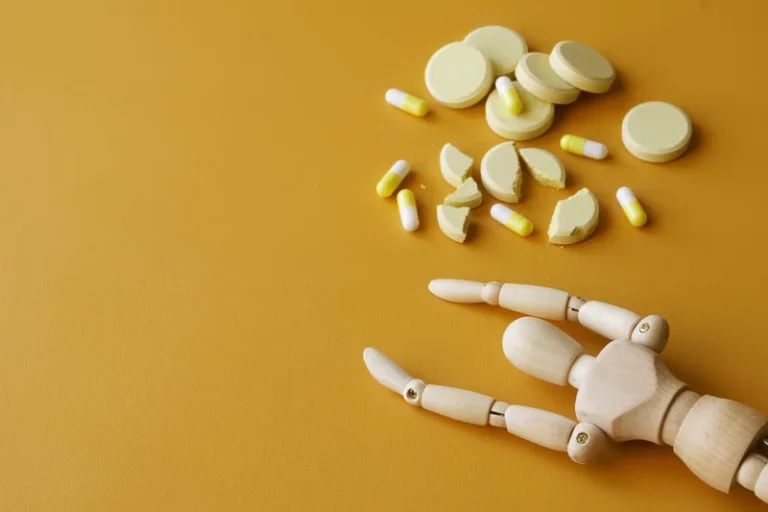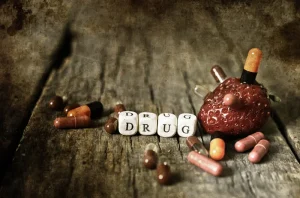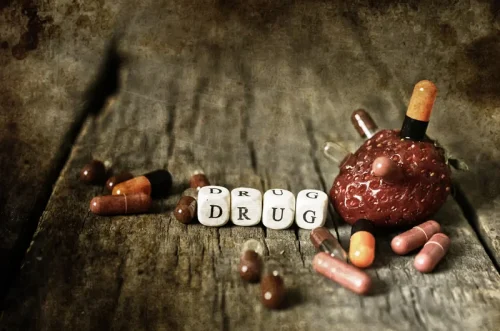
Their family members might have seen their worst narcissistic behavior, but that also may be controlled. They may hold back and may never show their entire nasty self to anyone and would hesitate to do so. Although people with AUD may relapse or have treatment setbacks, they can recover from the disorder. Learning healthy coping strategies can help them remain sober when they face triggers. Risk factors for NPD include having difficult relationships with parents or caregivers during a person’s developmental years that may include excessive praise or criticism. However, treatments like psychotherapy, group support, and self-care strategies can help people with either condition feel much better.

What Is a Covert Narcissist Like as a Parent?
- Studies suggest that “narcissists have higher cortisol and cardiovascular reactivity in socially threatening situations” and experience more stress.
- Recognizing these red flags early on is vital to safeguarding one's emotional well-being and establishing boundaries to prevent falling prey to the narcissist's calculated tactics.
- Following alcohol guidelines can help people stay within moderate levels of alcohol consumption.
- If you or someone you know is struggling with narcissism or alcoholism, it’s important to seek help from a mental health professional.
Cravings can be powerful and persistent, sometimes leading to relapse even after a period of sobriety. In either case, alcohol use can exaggerate a narcissist’s already fragile sense of self-importance, leading to grandiosity and arrogance. Treating alcoholic narcissism is complex due to the presence of two co-occurring disorders. An integrated approach addressing both NPD and AUD is often necessary, with a focus on improving self-awareness, what happens when a narcissist drinks alcohol empathy, and coping mechanisms to manage the addiction. Suggest that the alcoholic narcissist seek professional help to address both their addiction and narcissistic traits. Alcohol lowers inhibitions, making it easier for narcissists to act on their desires and impulses without feeling restrained by social norms or consequences.

Can a Therapist Spot a Covert Narcissist?
- When somebody is dealing with both narcissism and alcoholism, it can become difficult to even convince them that they have an issue.
- Just as the fox's clever facade eventually crumbles, so too must we see through the facade of narcissists and protect ourselves from their manipulative ways.
- Narcissism and alcoholism may both share similar characteristics and can occur at the same time.
- Under the influence of alcohol, the narcissist’s inflated sense of self-importance becomes even more pronounced.
- Unlike overt narcissistic alienation, covert narcissistic alienation is more insidious and challenging to identify, necessitating a keen understanding of narcissistic behaviors for detection.
If you think you’re misusing alcohol, or if you think you have NPD, reach out to a mental health professional. Everybody can benefit from speaking with a therapist, regardless of whether they fit the criteria for a mental health condition. If alcohol misuse begins to impact your life, health, or safety, you might have AUD. People with both NPD and AUD are often treated with a combination of medication and psychotherapy. Medications for AUD can help to reduce cravings and withdrawal side effects, whereas therapy can be beneficial for reducing distorted thinking about alcohol and developing stronger coping skills.

Are Alcoholism and Narcissism linked?
By understanding the dynamics at play and implementing coping strategies, individuals can protect themselves and their relationships from the damaging impact of covert narcissistic abuse. This combination can lead to complex relationship dynamics characterized by attention-seeking, manipulation, and a lack of empathy. In the intricate dance of emotions, the relationship between a covert narcissist and someone with borderline personality disorder (BPD) can appear as a convoluted puzzle in need of unraveling.

Seeking support from trusted sources can also provide valuable insights and coping strategies. The combination of limited empathy https://ecosoberhouse.com/ and heightened anger creates a volatile environment for relationships. Loved ones may feel emotionally neglected and constantly on edge, fearing the next angry episode. If you have NPD and AUD, finding support can be challenging because they are two separate disorders with two separate treatment approaches. The outlook is even better in people with mental illness who misuse alcohol and other substances.

To treat dual diagnosis, people will receive treatment options for both NPD and AUD. Individuals can discuss how NPD and AUD can affect the other with their doctor. Although NPD can’t be cured, someone with NPD can change their behavior if they’re willing to put in the time and effort, according to research from 2018. With both conditions, the benefits of therapy depend on your willingness to work on Substance abuse yourself.
Heightened Behaviors when Drunk
- While these similarities exist, it’s important to note that alcoholism and narcissism are different conditions with unique characteristics.
- Both conditions can significantly impact a person's relationships, well-being, and overall quality of life.
- The use of cognitive-behavioral therapy can help people recognize and change negative thought patterns and behaviors, while medication can alleviate anxiety and depression symptoms.
- Alcohol acts as a lubricant, making the vulnerable narcissist feel more at ease in social situations that may otherwise seem overwhelming.
Vulnerable narcissists may internalize their feelings of superiority, while grandiose narcissists externalize them more openly. Along with denying the existence of their drinking problem, alcoholics refuse to take responsibility for their harmful behaviors. If you feel like you or someone you care about might be showing signs of being an alcoholic narcissist, there is hope, and there is no reason to be ashamed. Alcoholism is a very serious condition, and without treatment, it can lead to homelessness, failed relationships, and even early death. Outpatient rehab allows patients to recover from a co-occurring disorder while still attending to daily personal and professional responsibilities at home.

